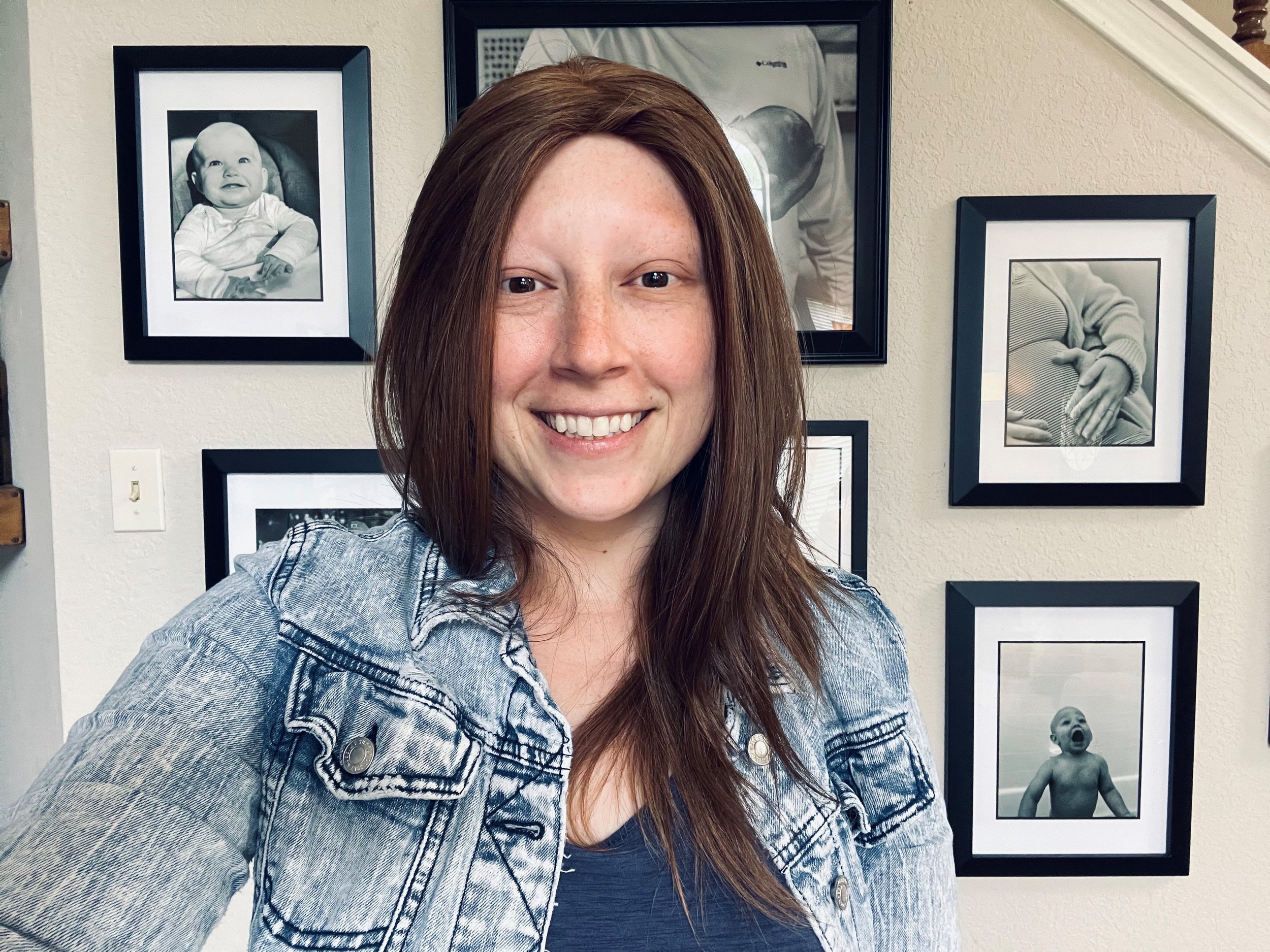Why did you decide to come work for CASA? I have worked in child welfare in Tarrant County for a few years and have always partnered closely with CASA. Their commitment to advocating for a child’s best interest and supporting children and families is apparent and something that I wanted to be a part of.
What is your professional and educational background? I have both my Bachelors and Masters Degrees in Social Work from The University of Texas at Arlington. I also have a Minor in Diversity Studies. I have experience working in Child Placing Agencies with both the foster care and adoption units and with Our Community Our Kids as a Permanency Specialist. I also completed a wonderful internship with Alliance for Children. However- one of my first experiences with the child welfare system was working as a nanny for a family of what grew to be 10 children as they journeyed through adopting a sibling group of 7.
What keeps you coming back every month in helping CASA? My advocates make up a wonderful team! They are compassionate, creative and dedicated to the children on their cases, and I show up every month to make sure they feel heard and supported so that they can continue improving the lives of children and families in our community.
What has been the most rewarding part of being on staff at CASA? The most rewarding part of my job is when an advocate experiences a “break through moment” with their kids. A moment of connection, and support where all of their hard work seems to pay off at once. Its rewarding for my advocates and a great feeling to know they have created a safe space and a healthy relationship for a child in foster care.
Please share a special moment with us about your work with CASA volunteers or supporters. One of the amazing advocates on my team handles a case with a sibling group of 5 who are in 4 different placements. The oldest child had not seen her siblings in a long time and struggled with her decision to come to visits or not. The advocate scheduled sibling visits with consistency and coordinated between all 4 homes. She made sure the oldest child knew about these and knew that she was always welcomed. After many months of her not attending visits, the oldest child finally attended one and had a wonderful time seeing her siblings- all thanks to the ongoing dedication of one special advocate.
What would you say to a potential supporter? Thank you for considering supporting CASA. Your support can change lives right here in Tarrant County in many ways. Your support will help us meet the goal of ensuring that every child has a dedicated advocate who will fight for their rights and best interests.
Why do you think it’s important for your local community to support CASA and what they do? With community support, CASA of Tarrant County can ensure that children in foster care receive the support they need to heal from trauma and thrive in their daily lives.
Do you want to share some encouraging words to our volunteers? Your dedication to advocating for the best interest of children in the foster care system is truly inspiring. Your time and commitment is invaluable and appreciated! Your work as a CASA volunteer is changing lives and making a real difference in the world. Thank you!










































































